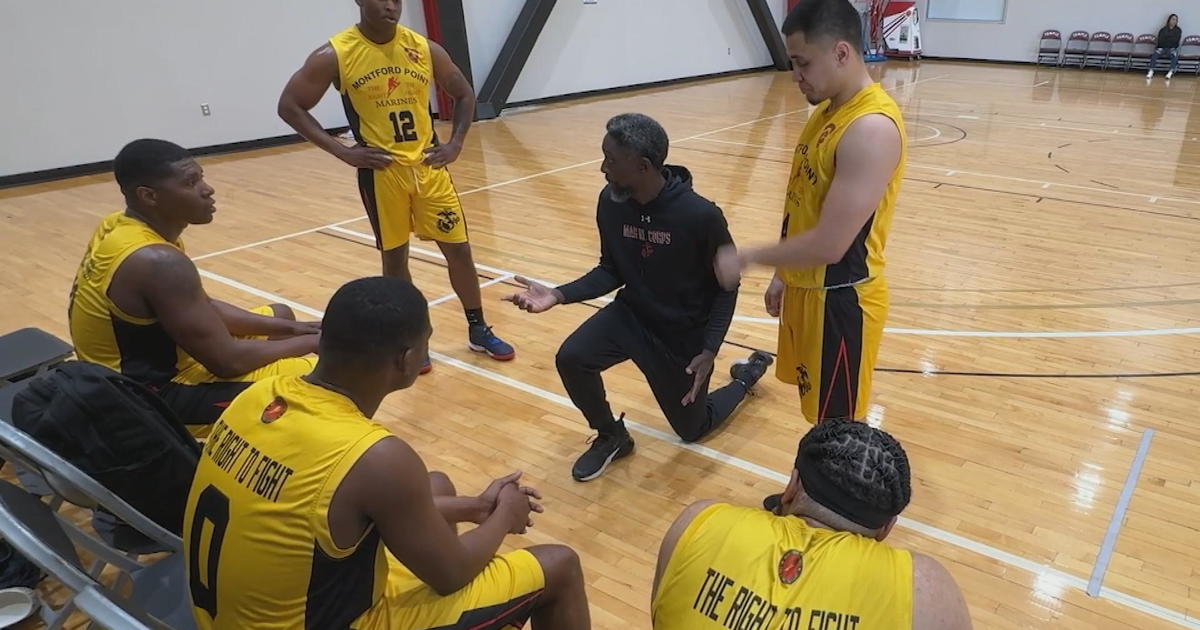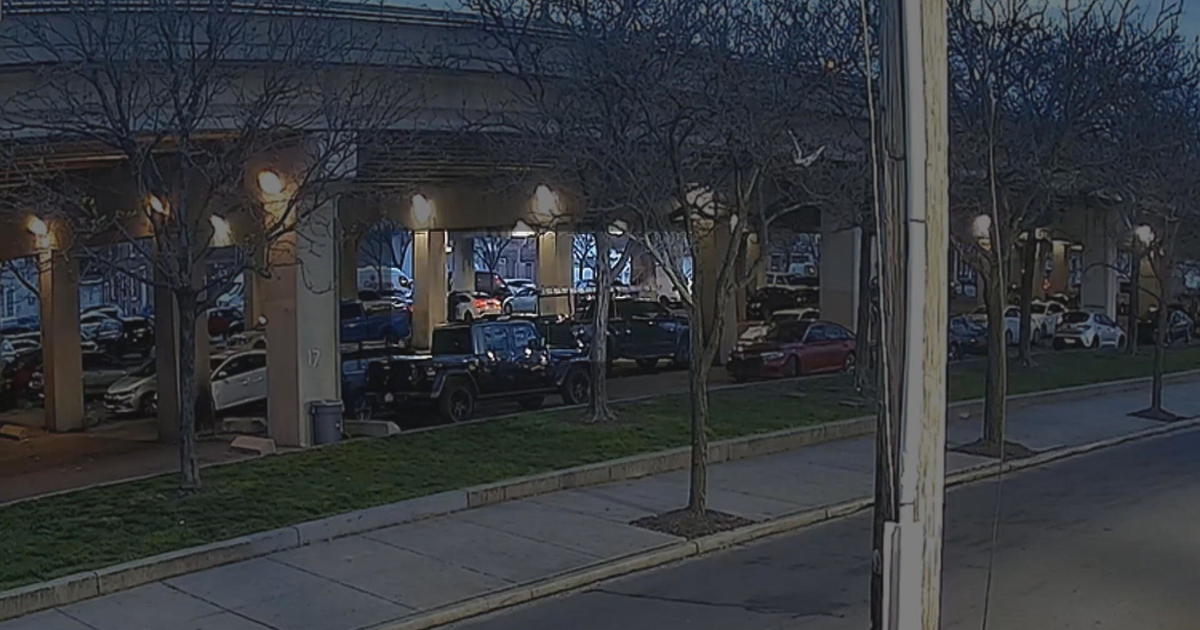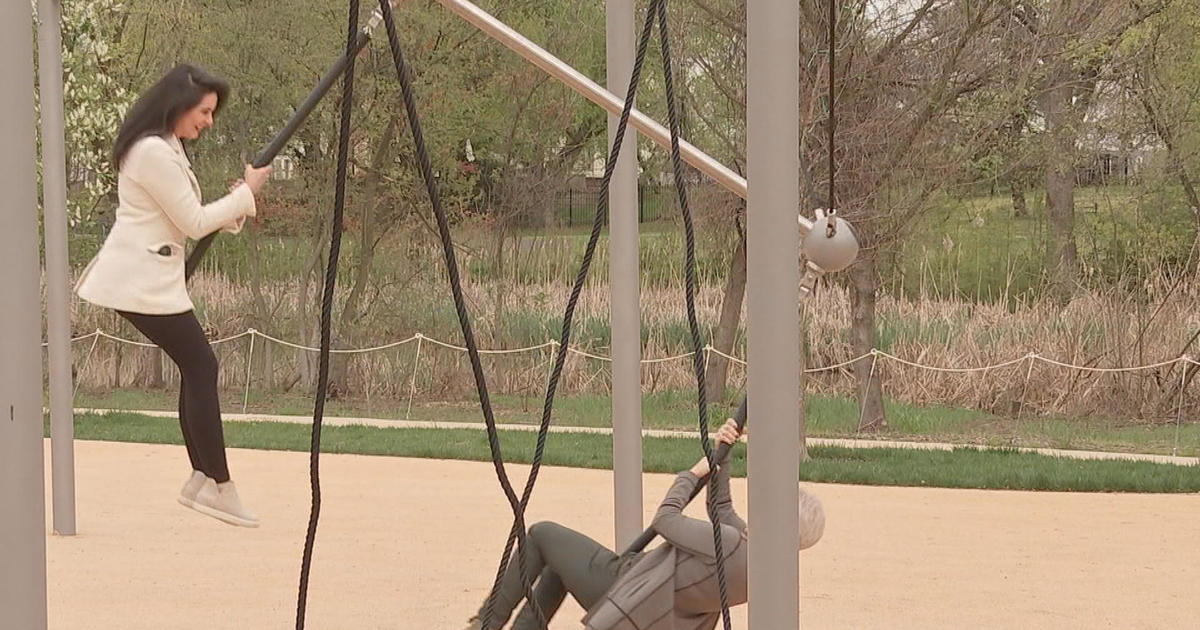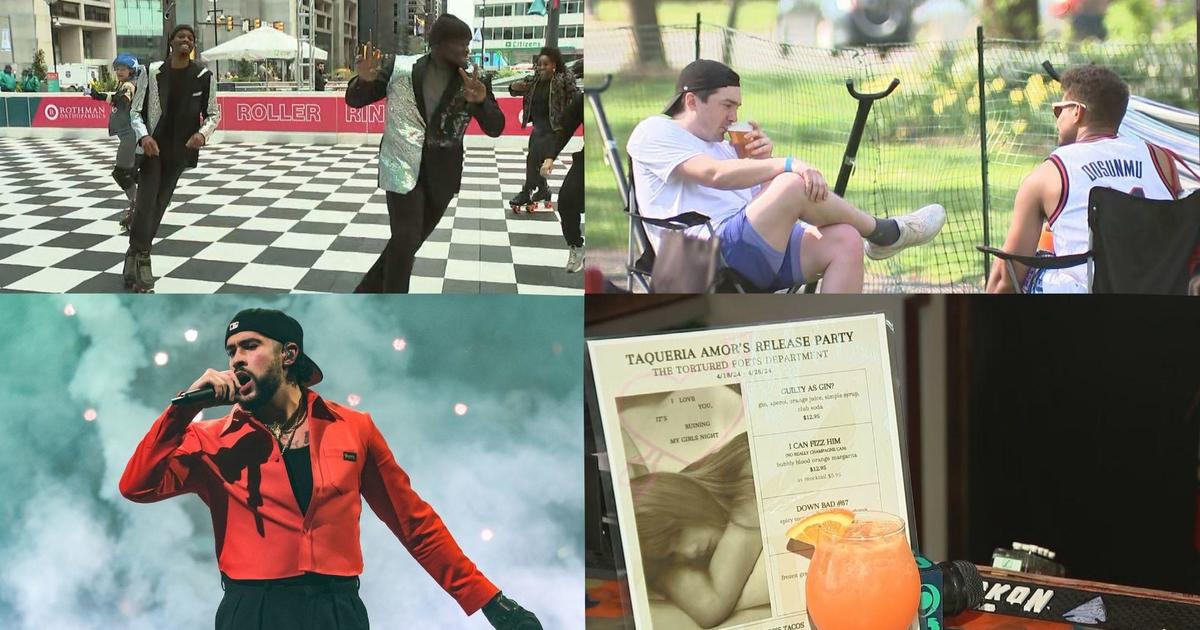Villanova Univ. Project Turns Google Glass Into 'Backup Brain'
By KYW tech editor Ian Bush
PHILADELPHIA (CBS) - You might forget where you left your glasses, but could your glasses help you remember other things? That's the hope of researchers at Villanova University, who've been awarded a Google Glass grant to develop a memory aid for everyone from the absent-minded to Alzheimer's sufferers.
It's an experience most of us have had: you run in to someone...
"You haven't seen them in a while, and you just can't recall their name for some reason," says Tom Way, associate professor of computing sciences at Villanova University.
So, he thought, what if you could put a database of names and faces right in front of your face?
Together with William Wagner, an associate professor of accounting and information systems at Villanova, Way sought to turn Google Glass -- the 21st century monocle that mounts a tiny computer screen to a frame worn like traditional eyeglasses -- into a device that can help those with memory disabilities.
"Google said they absolutely love the idea and absolutely you cannot use facial recognition," Way tells KYW Newsradio. "Google's really sensitive to privacy issues, and there are a lot of concerns in the public over whether facial recognition is an invasion of privacy. We thought we had the perfect idea. We're not using any private information, really, because this is our own personal list of friends -- but they said no, absolutely not, find another way."
So Way's way is to link GPS with the photo. Say you've snapped one of your doctor:
"The next time you go to that location, it says 'have I ever been here before?'" Way explains. "If so, maybe this person you're talking to is Dr. Jones, and his picture pops up in your Google Glass display."
Their idea for Glass is to use the artificial intelligence technique called machine learning, which gathers vast amounts of data and distills it into quickly usable forms. As the wearer lives her life, Glass 'learns' and gains 'intelligence' over time.
Way and his team are attempting to deal with issues sure to arise in a real-world application. What if you see your doctor outside of his office? With a quick swipe of a finger on the Glass frame, Way says the device could cycle through a 'face Rolodex' to trigger your memory. This 'backup' method also would fit group settings. Way uses the example of a classroom: Glass has learned that every Tuesday and Thursday at 8:30am, you're likely to be in a classroom; that GPS data pares down your visual 'Rolodex' to the students on your roster.
"Just being able to narrow the possibilities is a big deal, we think," Way says. "If you can limit how many potential people this person you're encountering might be, then you can quickly look through your subset and try to find a match."
They're also creating a database of objects for Glass to recognize.
"Our idea is to build up a catalog of images," Way says. "A picture of a basketball, a carton of milk, your car -- beyond just faces: things. To look at something and be able to say to Google Glass 'what is this?' And it takes a picture of whatever it is you're looking at and tries to match it against what it knows."
Way says his team wants to help a broad population, from those with more significant memory loss -- including patients with some forms of dementia or traumatic brain injury -- to those with more 'natural' memory problems that arise with aging.
"Odds are that it's not going to serve as a replacement for memory," Way says. "It's really an assistive technique that can jog your memory. If it's in there somewhere, we can help someone bring it back out."
Way and his team were awarded a grant from the Google Glass Accessibility Research Awards Program for the project. They're working to have a prototype ready by the end of summer and will return to Google headquarters in Mountain View, CA in the fall to present their use for the device.
Check Out These Other Stories:



